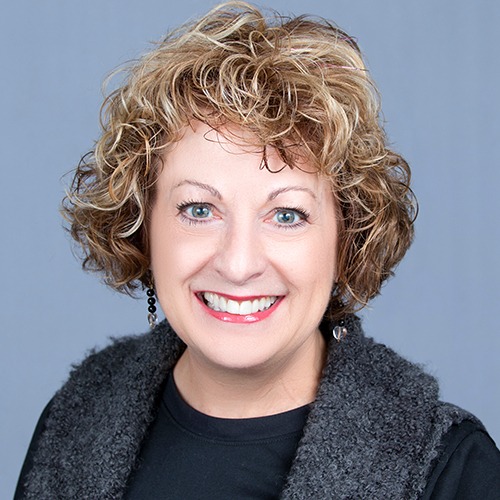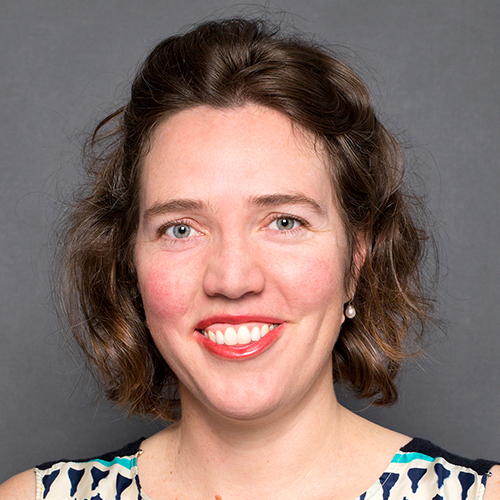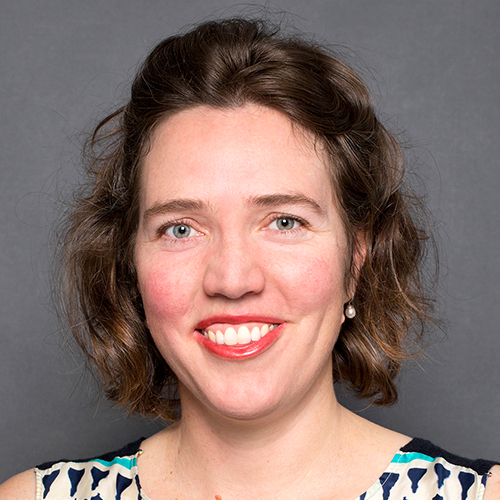 Lactation After Perinatal, Neonatal, & Infant Loss Online Course(s) & Continuing Education
Lactation After Perinatal, Neonatal, & Infant Loss Online Course(s) & Continuing Education
Access the latest clinical skills and research for Lactation After Perinatal, Neonatal, & Infant Loss for Lactation & Breastfeeding professional training. These Lactation After Perinatal, Neonatal, & Infant Loss online courses provide practice-changing skills and valuable perspectives from leading global experts. This Lactation After Perinatal, Neonatal, & Infant Loss education has been accredited for a variety of CEUs / CERPs and can be accessed on-demand, at your own pace.

Lactation Choices Following Pre-and-perinatal Loss

Kathy Parkes is a sought-after speaker and webinar presenter as well as a published author. She has lived all over the world, settling in San Antonio, Texas after her Air Force husband retired. Kathy is a Registered Nurse with a Masters in Nursing Education and received her International Board Certified Lactation Consultant designation in 1992. Her private practice, Breastfeeding Perspectives, adds to her over 30 years of lactation experiences, which include WIC staff and clients, in-patient hospital work on L&D, postpartum, and NICU, taking a hospital to Baby-Friendly designation, setting up a lactation visitation program for both a home health agency and for the largest birth doula organization in San Antonio, and providing home and office lactation visits for private clients. She specializes in tethered oral tissues (tongue-and-lip ties), milk supply problems, multiples, and preterm/late preterm infants.
On the fun side, Kathy met her husband of 47 years as she was jumping out of the airplane he was flying. (You could say she fell for him!) She loves animals, traveling, and gardening. Most of all, she loves teaching others about breastfeeding.
Topic: How to Start a Private Lactation Practice - [View Abstract]
Topic: I QUIT!! Burnout, compassion fatigue, and self-care for the healthcare professional - [View Abstract]
Topic: Lactation Choices Following Pre-and-perinatal Loss - [View Abstract]
Topic: Powerful Relationships: How Babies (and Parents) Learn To Love - [View Abstract]
Professionals working with new mothers and infants are drawn to the field by compassion. However, when a loss occurs, whether prenatally or following birth, many of us are unprepared to deal with the loss ourselves, or in assisting the family. One of the many decisions that needs to be made in this time of grief is how the mother will deal with lactogenesis II, the surge of breast milk at two to four days. This session will provide an overview of anatomy and physiology of milk production, and discuss various choices the mother can make regarding how she will deal with the milk supply that occurs. To close the session, the speaker will briefly discuss self-care for professionals to aid recovery from such a loss.
View Details / Enroll

Providing Enhanced Lactation Care for Families Following Late Miscarriage, Stillbirth, Neonatal and Infant Death

Katherine is a Senior Lecturer at School of Sociology, Australian National University. Katherine’s particular areas of interest include the sociology of reproduction and motherhood, perinatal medicine, lactation sciences, human milk banking and donation. Her current projects include an Australian Research Council funded study on maternal experiences of lactation after infant death, and a Mayo Clinic funded research project on the communication with families regarding periviable infant resuscitation.
Every day, around the world, many mothers are faced with the complex task of managing the initial onset, or continuation, of their lactation following a late miscarriage, stillbirth, neonatal or infant loss. This presentation explores findings from a multi-year, multi-site Australian study conducted with bereaved families and health professionals that confirmed the limited nature and scope of lactation care currently available to bereaved families.
This presentation will provide evidence of the need and benefit of approaching lactation after infant death using a biopsychosocial care framework, so that bereaved families are able to make informed decisions from the full array of lactation management options that may be available including: suppression, sustained expression, breastmilk donation or using milk as memento. The challenges involved in providing bereaved lactation care will be acknowledged and discussed. Health professionals will be advised on what information and support bereaved families need and want, how and when this information may be best provided and who may be best placed to offer lactation care to bereaved families.

View Details / Enroll










